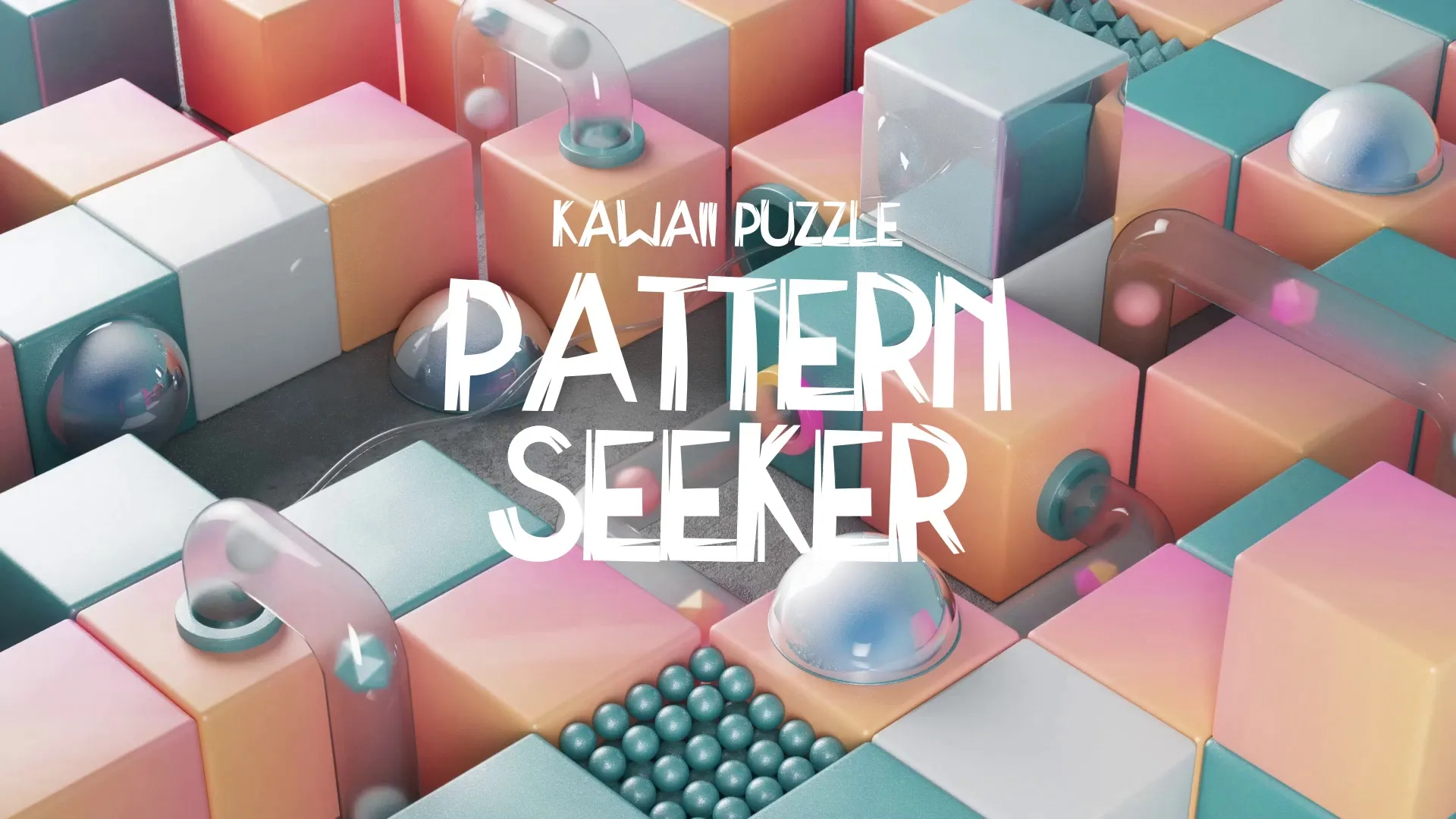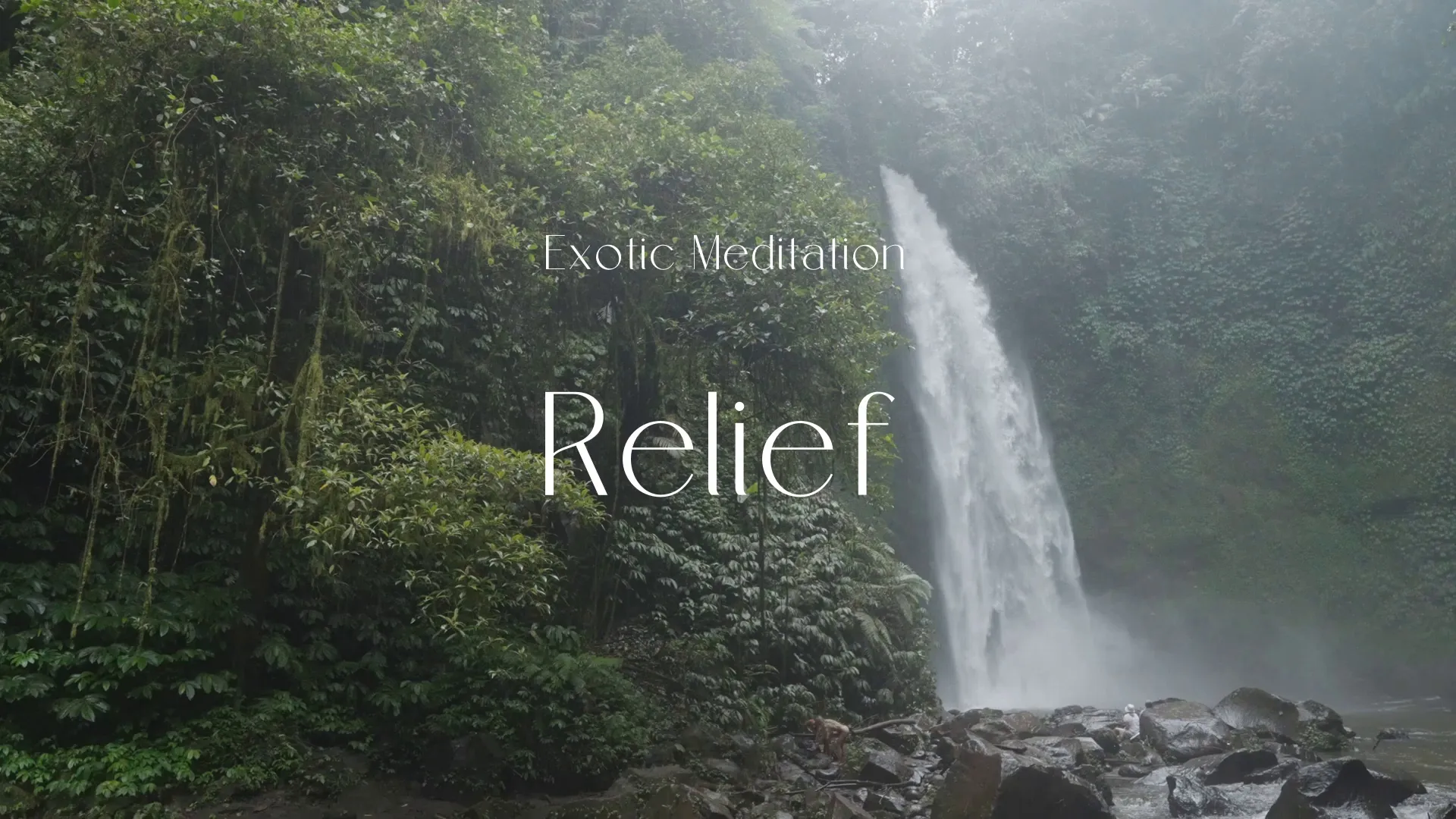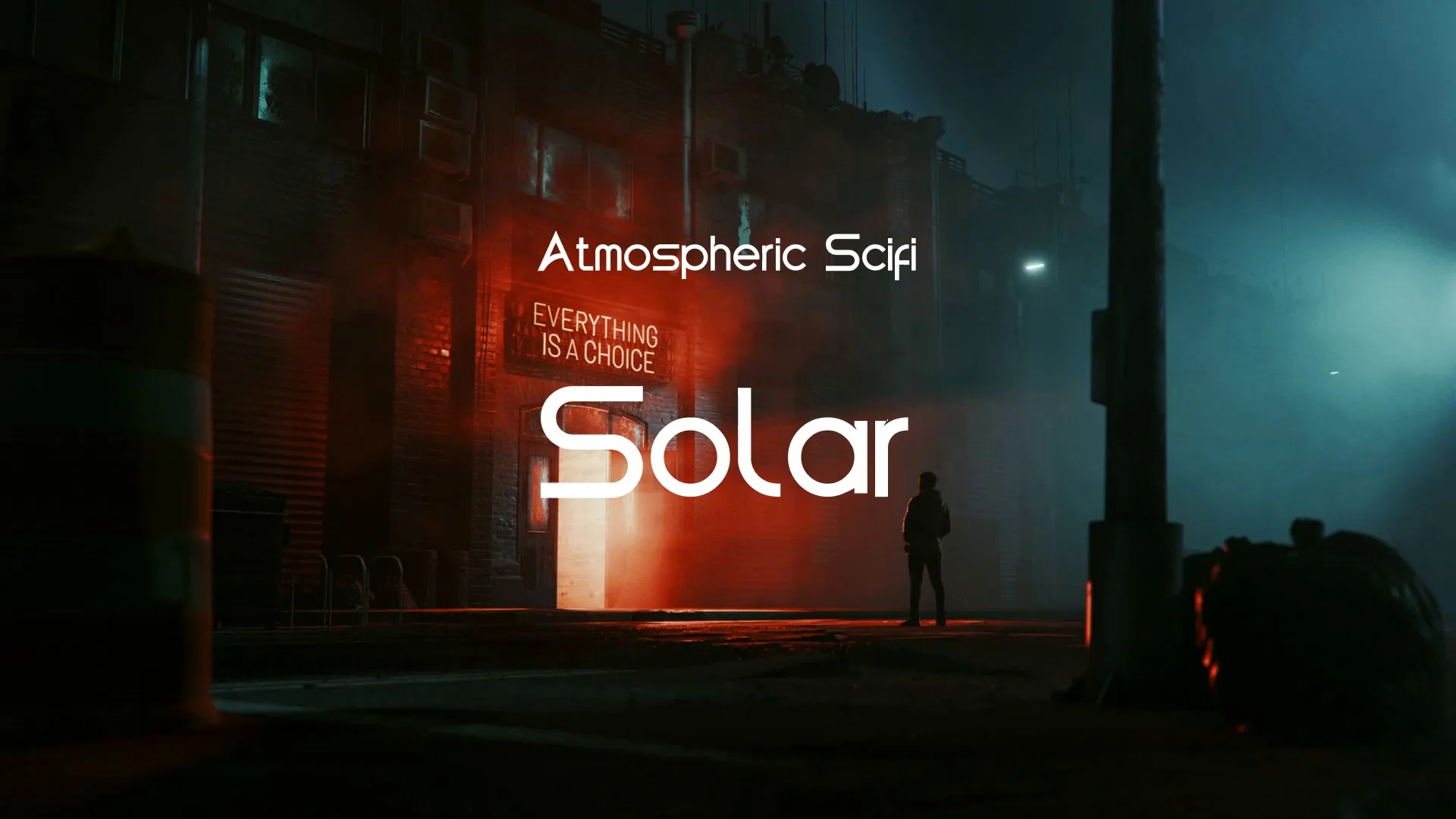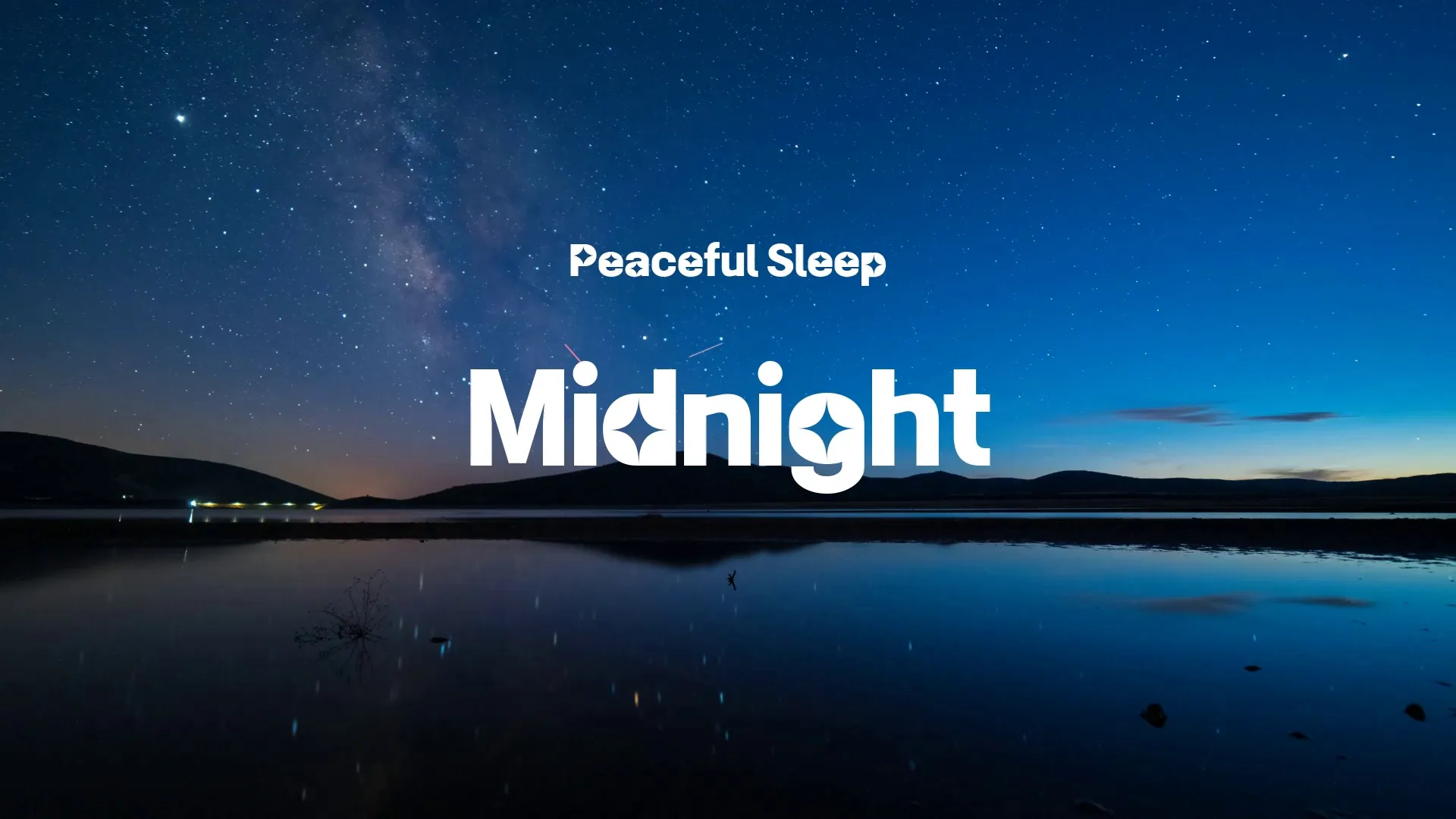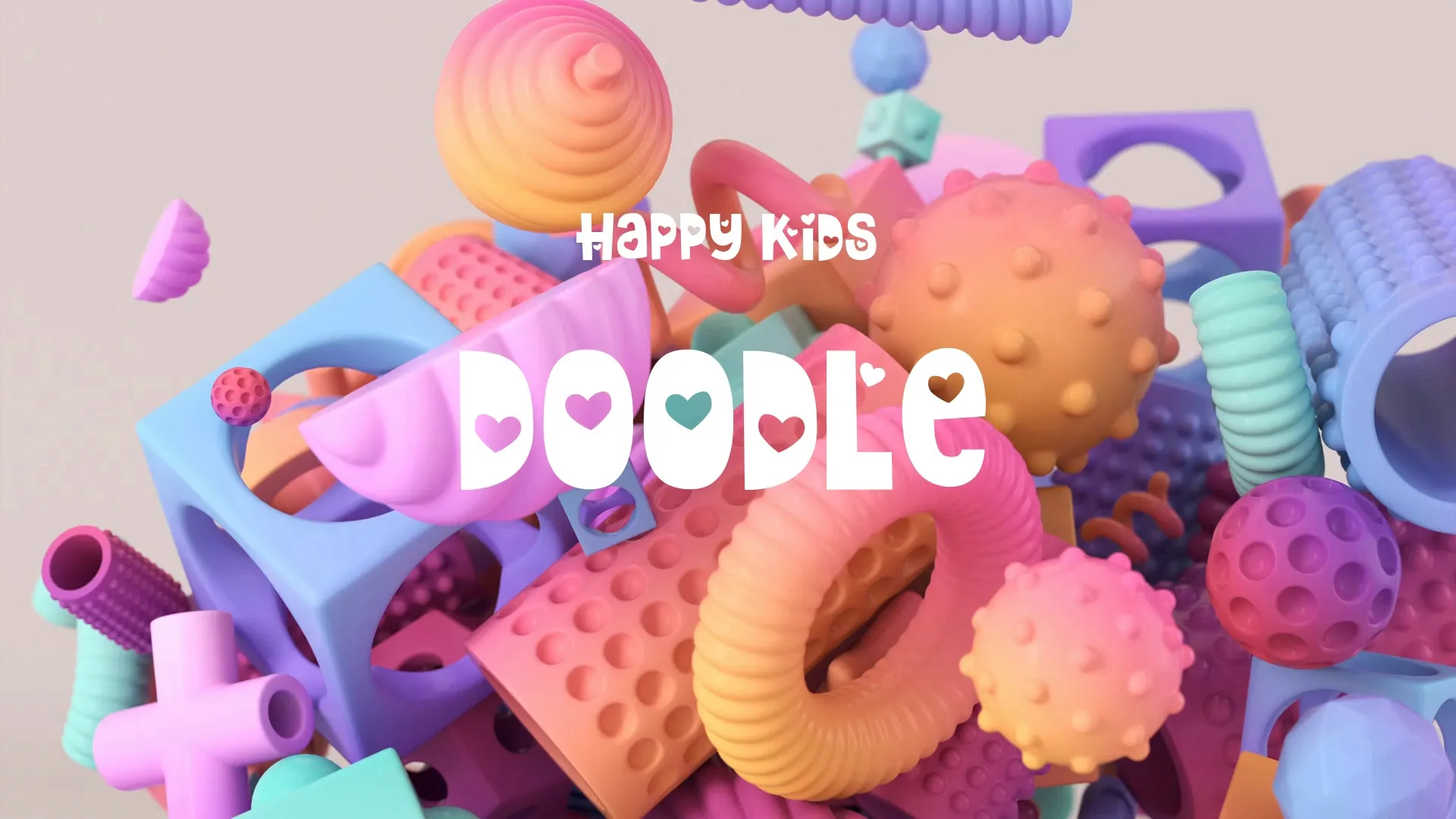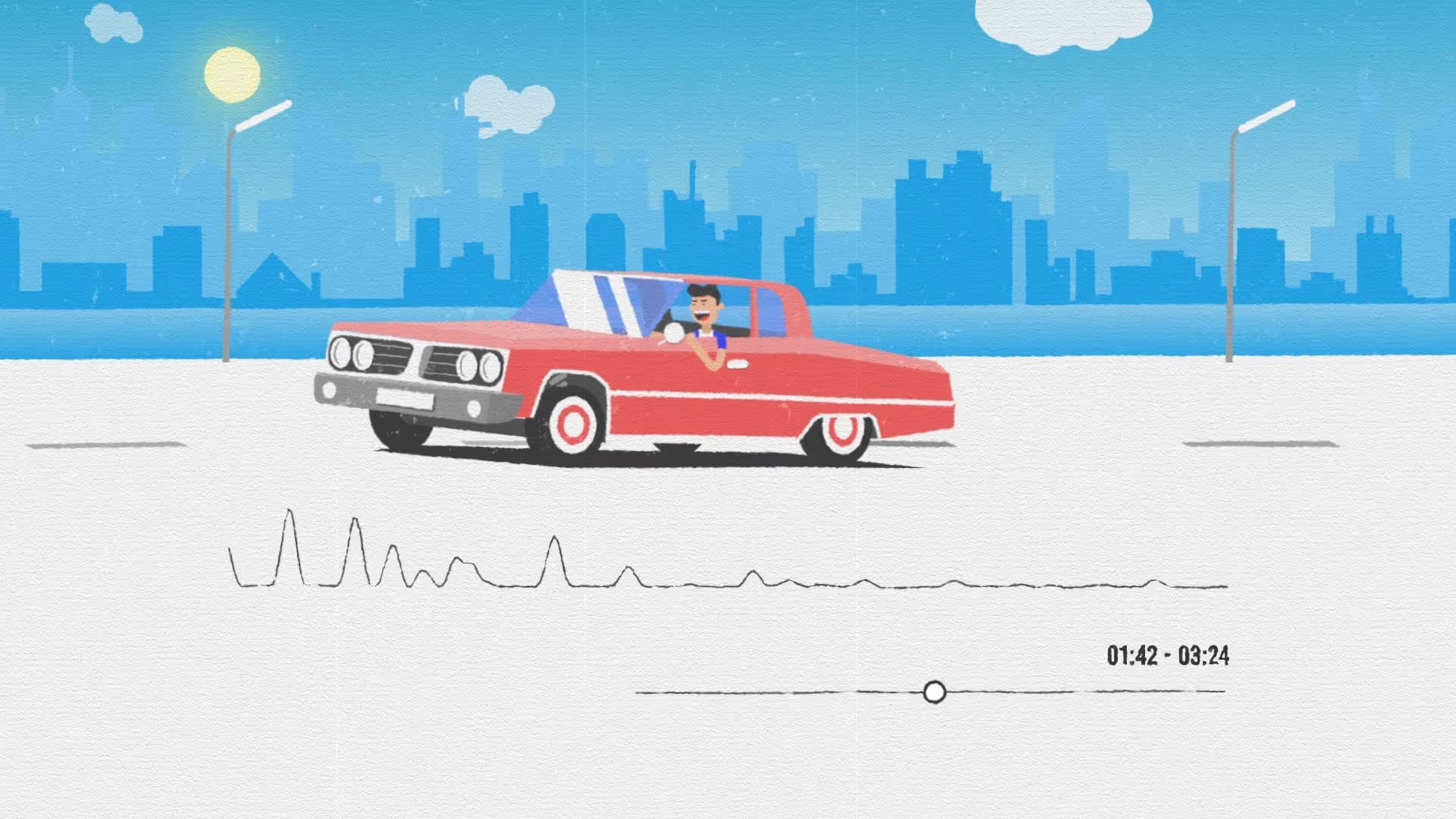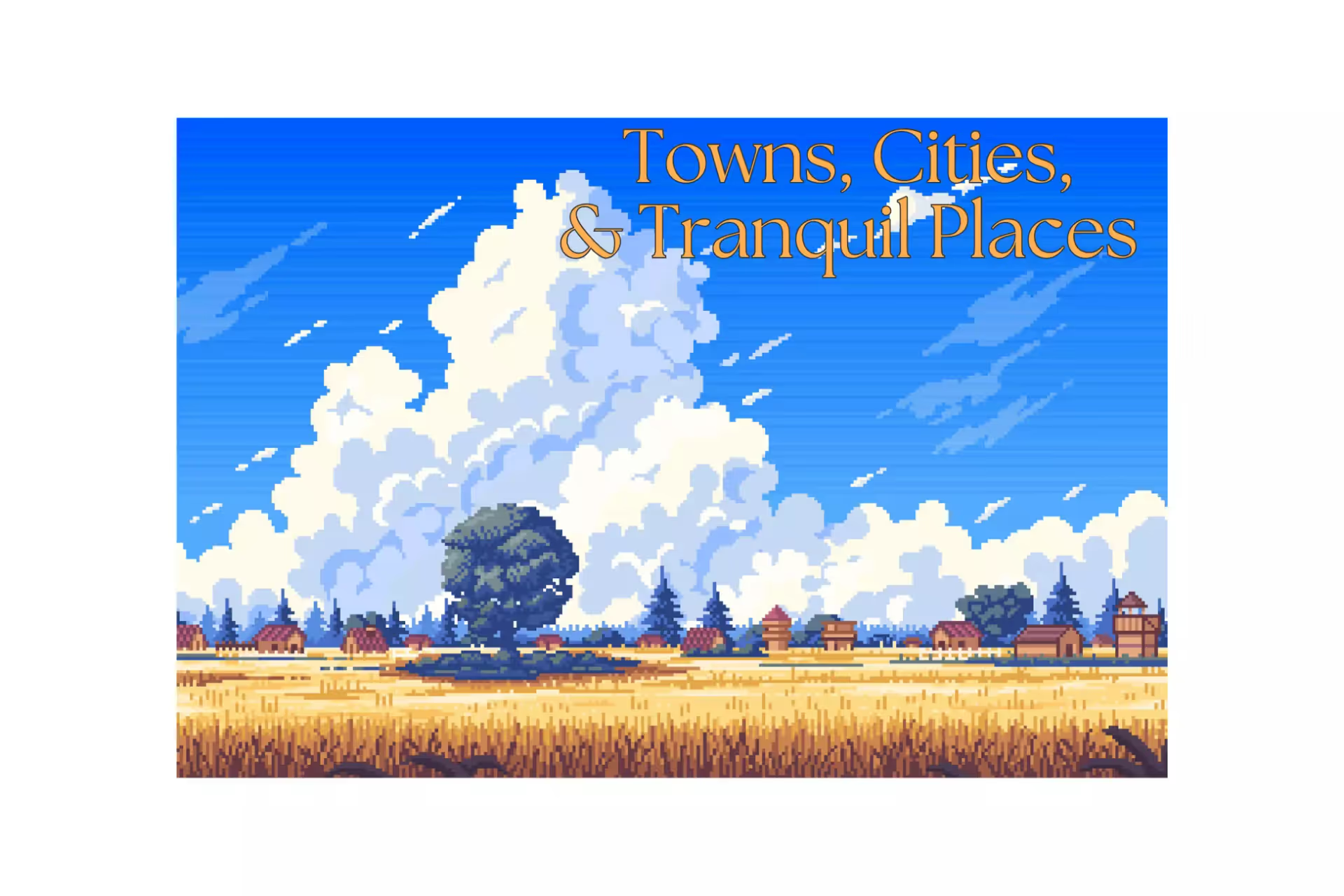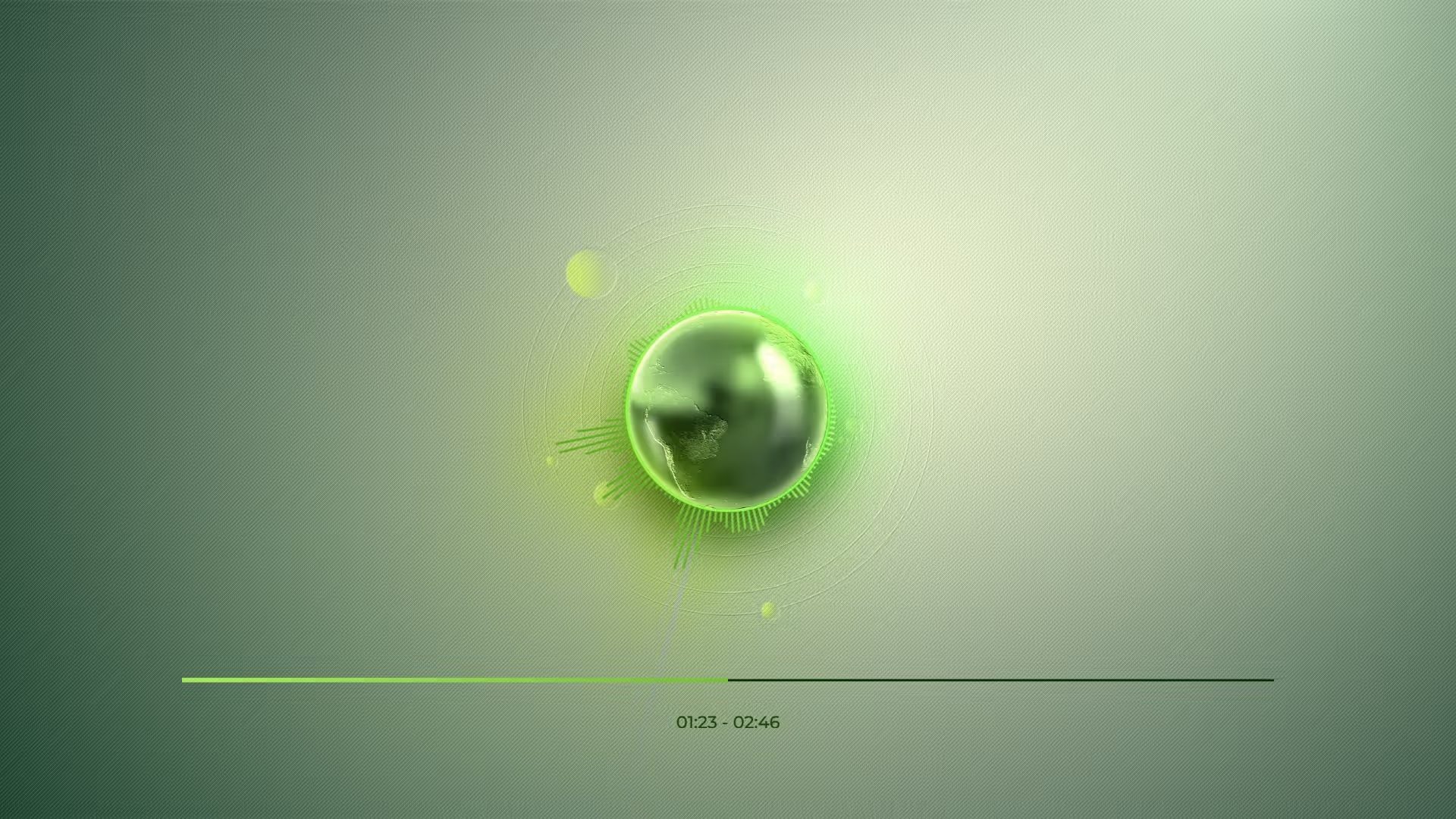Mindfulness for Software Engineers: Cultivating Focus and Preventing Burnout in Game Development
Game development demands intense focus and sustained effort. Software engineers in this field often face tight deadlines, complex problems, and the constant pressure to innovate, leading to potential burnout. Mindfulness offers a powerful set of tools to navigate these challenges effectively. It’s not about escaping the demands of development but rather engaging with them more skillfully.
Understanding Mindfulness in a Dev Context
Mindfulness is the practice of bringing your attention to the present moment, without judgment. For game developers, this means observing your thoughts, feelings, and physical sensations as you code, design, or debug. It helps you recognize when your mind is wandering or when stress is building. This awareness is the first step toward regaining control and maintaining your mental well-being. It’s a proactive approach to mental health, essential for long-term productivity and creativity.
Practical Mindfulness Techniques for Developers
Integrating mindfulness into your daily routine doesn’t require extensive meditation retreats. Short, focused practices can yield significant benefits.
The 5-Minute Breath Anchor: Before starting a coding session or after a challenging bug fix, take five minutes to focus solely on your breath. Notice the sensation of air entering and leaving your body. When your mind inevitably wanders to tasks or problems, gently guide it back to your breath. This simple exercise grounds you and improves your ability to concentrate on the task at hand. It trains your attention muscle, making you more resistant to distractions.
Mindful Walking Breaks: Instead of mindlessly scrolling during a break, take a short walk. Pay attention to the feeling of your feet on the ground, the sights around you, and the sounds you hear. This shifts your focus away from the screen and allows your mind to reset. Even a five-minute walk can significantly reduce mental fatigue. It’s a way to refresh your perspective without adding more screen time.
Body Scan for Tension: During long coding hours, tension often accumulates in the neck, shoulders, and eyes. Periodically, do a quick body scan. Notice any areas of tension without trying to change them immediately. Simply acknowledging the tension can often reduce its intensity. This practice helps prevent physical discomfort from becoming a mental distraction.
Combating Burnout and Maintaining Motivation
Burnout is a significant concern in game development, often fueled by long hours and the emotional investment in projects. Mindfulness provides a buffer against this. By regularly checking in with your mental and emotional state, you can catch early signs of exhaustion before they escalate. It helps you identify when you need a genuine break, not just a change of task. Understanding the financial realities of indie development, as discussed in articles like Realistically, How Much Does an Indie Game Dev Make Per Year?, highlights the importance of sustainable work practices to avoid burnout.
Another aspect of maintaining motivation is recognizing the small wins and appreciating the progress. Mindfulness encourages this by helping you stay present with the journey, rather than solely focusing on the distant finish line. It fosters a sense of gratitude for the work you are doing. This shift in perspective can make the day-to-day grind more manageable and enjoyable. It transforms the often-stressful development process into a more mindful and rewarding experience.
Overcoming Common Development Pitfalls
The Distraction Trap: In a world of notifications and endless online resources, staying focused is a battle. Mindfulness trains your ability to return to the present task when distractions arise. Instead of getting frustrated by a wandering mind, you learn to gently guide it back, improving your overall concentration. This reduces the time lost to context switching.
The Perfectionism Paralysis: Game developers often strive for perfection, leading to endless tweaking and delayed releases. Mindfulness helps you observe these perfectionist tendencies without being consumed by them. It allows you to recognize when ‘good enough’ is truly good enough, fostering a more effective game development process. This approach encourages progress over stagnation.
The ‘Crunch’ Cycle: While intense periods are sometimes unavoidable, chronic ‘crunch’ is unsustainable. Mindfulness helps you recognize the physical and mental toll of overwork, empowering you to advocate for healthier boundaries. It allows you to make conscious choices about your energy and time, preventing total exhaustion. Prioritizing well-being ultimately leads to better, more consistent output.
Cultivating a Mindful Development Workflow
Integrating mindfulness into your workflow isn’t about adding another task; it’s about shifting your approach to existing ones. Before diving into a complex problem, take a few deep breaths to clear your mind. When reviewing code, do so with focused attention, noticing details rather than rushing through. Use tools that support this intentional approach. For daily reflection and tracking your mental state, consider using a dedicated tool like Wayline’s Journal. It can help you stay focused and motivated by providing a space for daily reflection and AI feedback.
Conclusion
Mindfulness is not a luxury for game developers; it’s a vital skill for sustainable productivity and well-being. By integrating simple mindfulness practices into your routine, you can enhance focus, combat burnout, and navigate the inherent challenges of game development with greater clarity and resilience. Start small, be consistent, and observe the profound impact it has on your work and your life. Your game development journey will be more effective and enjoyable as a result.
Create a free account, or log in.
Gain access to free articles, game development tools, and game assets.



